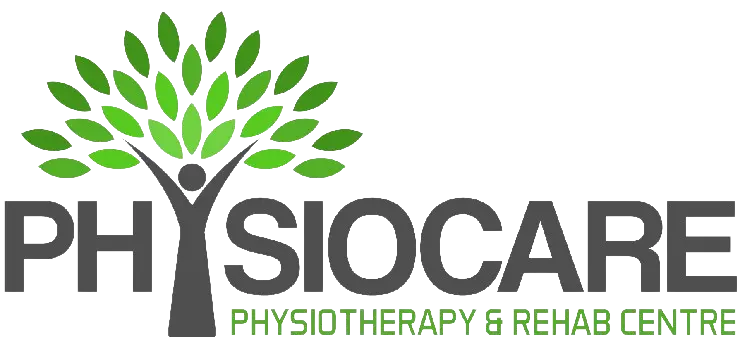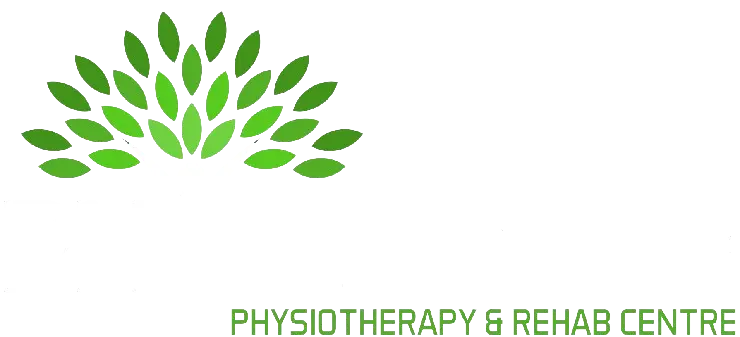
Understanding Birth Trauma: Raising Awareness and Supporting Recovery
Childbirth is often portrayed as a miraculous and joyful experience, but for some, it can also be physically and emotionally traumatic. Birth trauma, whether it’s physical or psychological, can have long-lasting effects on a mother’s health and well-being. Yet, it’s a subject that’s often under-discussed or misunderstood. Raising awareness about birth trauma is crucial not only to better support mothers in their recovery but also to improve the care and experiences of women giving birth.
Understanding Birth Trauma: Raising Awareness and Supporting Recovery
Childbirth is often portrayed as a miraculous and joyful experience, but for some, it can also be physically and emotionally traumatic. Birth trauma, whether it’s physical or psychological, can have long-lasting effects on a mother’s health and well-being. Yet, it’s a subject that’s often under-discussed or misunderstood. Raising awareness about birth trauma is crucial not only to better support mothers in their recovery but also to improve the care and experiences of women giving birth.
In this blog post, we’ll dive into what birth trauma is, how it can impact a woman’s life, and why awareness is so important in both preventing and supporting recovery from such experiences.
What Is Birth Trauma?
Birth trauma can be defined as any physical or emotional injury sustained during childbirth. It’s important to note that trauma doesn’t always come from a single event; it can be the result of multiple factors, both physical and psychological.
There are two primary categories of birth trauma:
- Physical Birth Trauma This refers to any physical injury or complications that occur during labor and delivery, affecting the mother or baby. For mothers, this can include:
- Perineal tears or episiotomy (a surgical cut made to widen the birth canal)
- Pelvic organ prolapse or bladder and bowel injuries
- Incontinence (urinary or fecal)
- C-Section complications (including infection, scarring, and longer recovery times)
- Fractures or nerve damage (such as in cases of shoulder dystocia or forceps delivery)
Many women experiencing physical trauma may require long-term recovery strategies, such as pelvic floor treatment in Ottawa, to restore strength and function.
- Psychological Birth Trauma This type of trauma stems from the emotional and psychological stress experienced during childbirth. It may be linked to:
- Feeling of loss of control during labor
- Emergency procedures (such as unplanned cesarean or forceps deliveries)
- Feeling unsafe or unsupported during labor
- Previous traumatic birth experiences affecting future pregnancies
- Postpartum PTSD (Post-Traumatic Stress Disorder), which can occur after a traumatic or difficult birth experience
The emotional aftermath of a traumatic birth can often be overlooked, but it’s just as real as physical injuries and deserves attention and care.
How Birth Trauma Affects Mothers
Birth trauma doesn’t just end once the baby is born. The effects can reverberate long after the birth itself. Some of the key ways birth trauma can impact a mother include:
- Physical Complications
Many women who experience birth trauma may struggle with ongoing physical issues such as chronic pain, incontinence, sexual dysfunction, or difficulty with physical mobility. For example, pelvic floor damage caused during birth can lead to issues like pelvic organ prolapse, which might require ongoing therapy or surgery. - Psychological Effects
Psychological trauma from a difficult birth can lead to mental health challenges, including depression, anxiety, or post-traumatic stress disorder (PTSD). A woman may experience flashbacks, nightmares, or intense feelings of fear or helplessness. This is particularly prevalent in cases of emergency interventions, unexpected complications, or loss of control during the birth process. - Strain on Bonding
Emotional trauma can also impact the mother-child bond. If a mother feels emotionally disconnected from her birth experience or if she struggles with mental health post-birth, it can affect her ability to bond with her newborn. This can lead to feelings of guilt or shame, further complicating her emotional recovery. - Impact on Future Births
Women who have experienced birth trauma may approach future pregnancies with fear or anxiety, and may even suffer from heightened stress or a desire to avoid certain types of deliveries altogether. The impact of previous birth trauma can also affect the decisions a mother makes during future pregnancies, such as opting for a cesarean section or demanding more invasive interventions out of fear.
Why Awareness of Birth Trauma Is Crucial
- Prevention and Better Care
Raising awareness about birth trauma is crucial in order to improve maternal care practices. Proper education for healthcare providers can lead to more respectful, patient-centered care during labor, helping to reduce the incidence of unnecessary medical interventions, such as unneeded forceps deliveries or elective C-sections. Also, recognizing when trauma occurs, and offering prompt support, can make all the difference in preventing long-term physical and psychological effects. - Support for Recovery
Women who have experienced birth trauma need support, both physically and emotionally. Awareness around birth trauma can lead to better systems for postnatal care, including physical therapy for pelvic floor recovery, counseling services, and mental health resources. It’s important that new mothers know they have access to a network of care that will help them heal—body and mind. - Reducing Stigma and Promoting Open Conversations
Birth trauma is often an isolating experience. Women may feel ashamed or reluctant to speak about their difficult experiences due to societal expectations of a “perfect” birth. Raising awareness helps to reduce the stigma surrounding birth trauma, encouraging open conversations about the challenges many mothers face. This can create a more supportive environment for women to talk about their experiences, seek help, and find solidarity in others who have gone through similar situations. - Better Preparedness for Future Births
Understanding the impact of previous birth trauma can help women better prepare for future pregnancies. By raising awareness, women can be better informed about their birth options, available interventions, and the importance of being supported throughout their labor and delivery. This knowledge can reduce anxiety and help women feel empowered in their choices moving forward.
Support Women Experiencing Birth Trauma
- Offer Compassionate Listening
If you’re supporting a friend or loved one who has experienced birth trauma, the most important thing you can do is listen. Validate her feelings and experiences, and avoid minimizing her trauma. - Encourage Professional Help
Encourage those who have experienced birth trauma to seek professional help, whether it’s physical therapy for pelvic floor issues or mental health counseling for emotional recovery. Many women suffer in silence, thinking that their feelings or physical symptoms are normal—getting professional support can make a significant difference. - Create a Safe Environment for Discussion
Let women know it’s okay to talk about their birth experience, no matter how difficult or painful it may have been. Birth trauma should not be a taboo topic. Encouraging open conversations about both the challenges and the joys of childbirth can help reduce feelings of isolation.
Final Thoughts
Birth trauma can have a lasting impact on a woman’s physical, emotional, and mental health. Raising awareness about birth trauma is essential for improving care, supporting recovery, and reducing stigma around childbirth experiences. By offering better education to healthcare providers, creating supportive environments for mothers, and fostering open conversations, we can help ensure that every woman has the opportunity to heal and feel empowered after childbirth—regardless of the challenges she may face.
If you or someone you know is struggling with birth trauma, know that support is available. No one should feel alone in their recovery, and healing is possible with the right care and resources.
By: Prateeksha Viradiya Registered Physiotherapist | Operations Manager
Certified in Pelvic Floor, Lymphedema, Acupuncture, and Dry Needling
Certified ROST Therapist | RAPID Treatment Specialist
Physiocare Physiotherapy & Rehab centre

